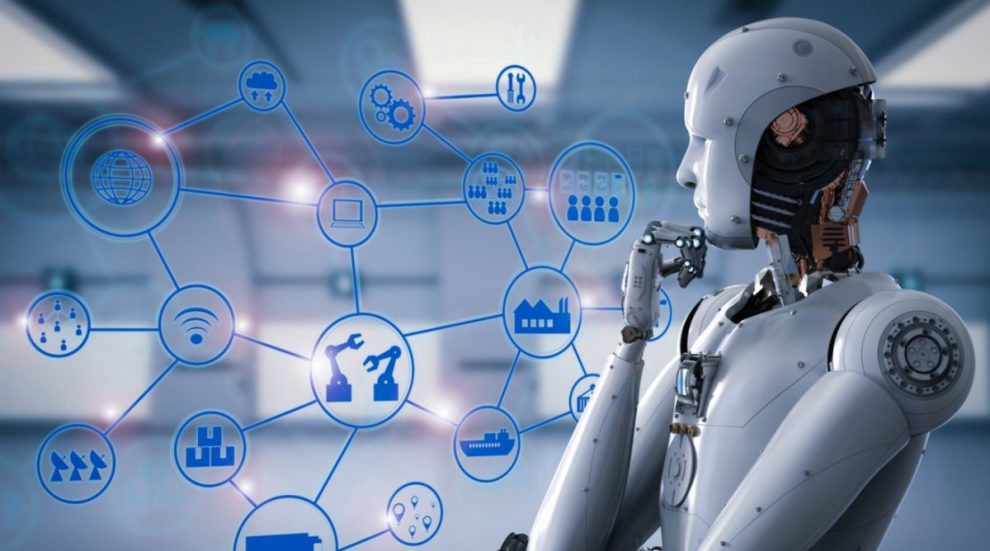
It may come as a surprise, but the majority of retail sales still take place in physical stores. Even with the incredible growth of online shopping, by the year 2025 more than 80% of retail sales will continue to be in-store transactions. It’s no wonder that there’s been such an increased focus on customer experience in retail. From the customer journey and brand touch points, through the overall omnichannel experience, retailers are striving to discover what works and what doesn’t work in getting customers to walk through their doors, make purchases, and keep them coming back. The ubiquity of the internet in conjunction with the “always-on” consumer have given retailers access to more data than ever before to help guide their CX (consumer experience) decision-making. Advances in machine learning and Artificial intelligence (AI) have enabled them to make predictions based on this data faster, better, and cheaper than ever before.
The main point of contact in store is an essential element in retail AI. It is the customer’s main point of in-store contact — the in-store retail employee.To meet the expectation of a hyper-connected, well informed consumer, retailers need an insightful, well-informed employee.
Brand leadership expert Denise Lee Yohn states that “since CX is the sum of all interactions a customer has with a company, then: EX (employee experience) is the sum of everything an employee experiences throughout his or her connection to the organization.” Yohn continues that with organizational focus and resources already firmly rooted in CX, “the next competitive frontier is EX.”
Here are Five ways AI can help drive employee productivity and engagement in a retail environment:
1. Hiring Process
In-store employees are often the difference between positive and negative customer experience. In a nutshell, employment improves employee quality. Therefore, by effectively isolating key characteristics of best employees and efficiently deploying the same to identify best-fit candidates ensuring retailers have the right people representing them on their frontline.
2. Training
Overall, wearable technology empowers newly recruited employees. Additionally, they improve customer experience. Thereby, providing them data-driven insights and training through AI enabled apps and services. Employees armed with these insights, in-depth product knowledge, and training can utilize data from customer purchase histories and preferences. Overall, to create a more intuitive in-store experience.
3. Improving the Supply Chain
AI and machine learning can create efficiencies in complex processes like supply chain. Forecasting, stock location and replenishment, order fulfilment, and returns aided by Artificial intelligence and automation, help in-store employees get customers the products they want, when they want them.
4. IoT and In-store Design
According to Forbes, “Today’s Internet of Things industry means that everything is connected and capable of collecting and sharing data on how it is operating. This means that everything can be measured.” As such, data collected from cameras, sensors, wearables and other devices provide in-store employees powerful actionable insights such as customer behaviour, stock levels and enrich in store design and product placement.
5. Empowering and Engaging the End User
AI’s ability to make sense of consumer and business data is driving innovations that make employees better. AI helps employees get hired for the jobs that fit them, train on the latest technologies, and it augments the tools designed to make them successful.
In conclusion, organisations leading with Artificial intelligence and data-driven insights are learning more about their employees and their employee experience. By applying the same technologies used to improve customer experience, not only are retail employees getting better at their jobs. But, they are becoming more empowered and engaged along the way.
AI will increasingly improve business processes and customer experience in retail. From demand forecasting, to supply chain operation, to personalization, AI is set to revolutionize the retail industry as a whole. Call our experts at TEMPO process automation. To know how you can empower your retail employees through AI and get a lead on the next competitive frontier.
Related Articles:


